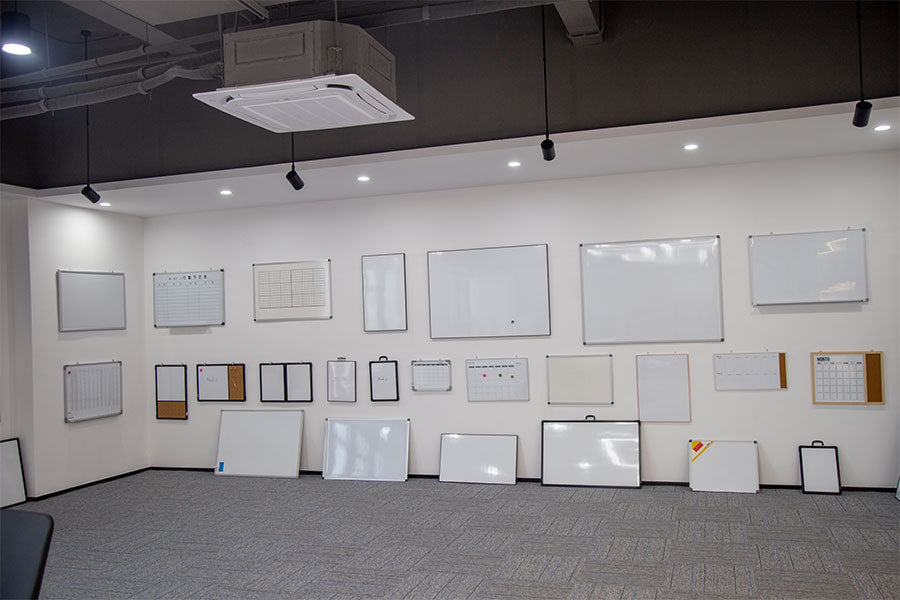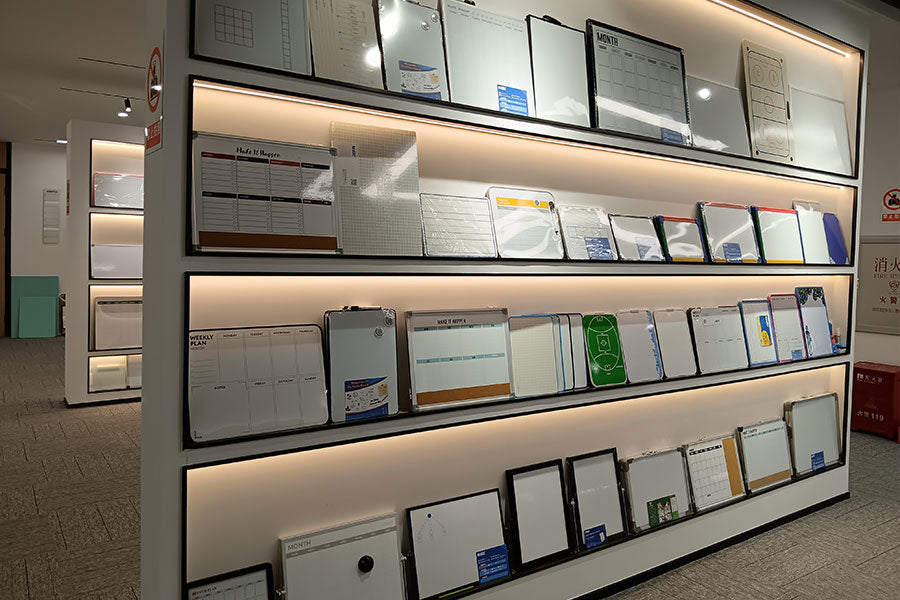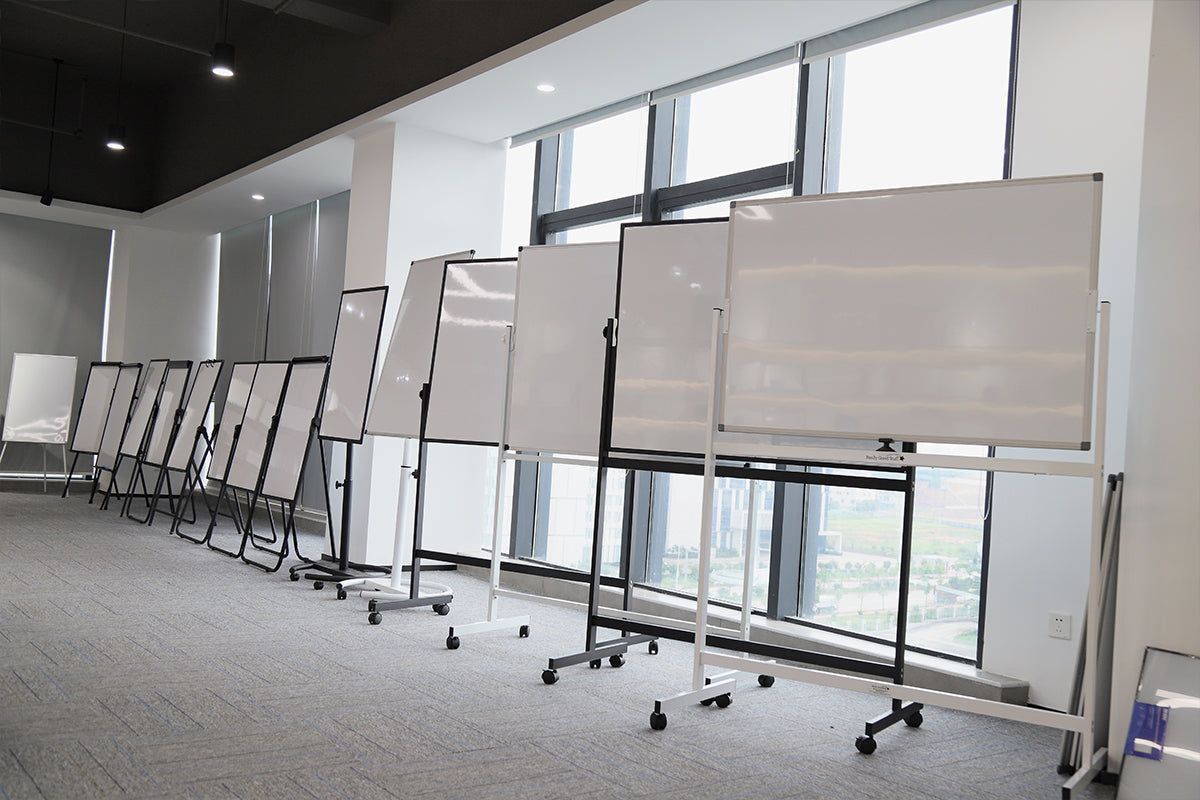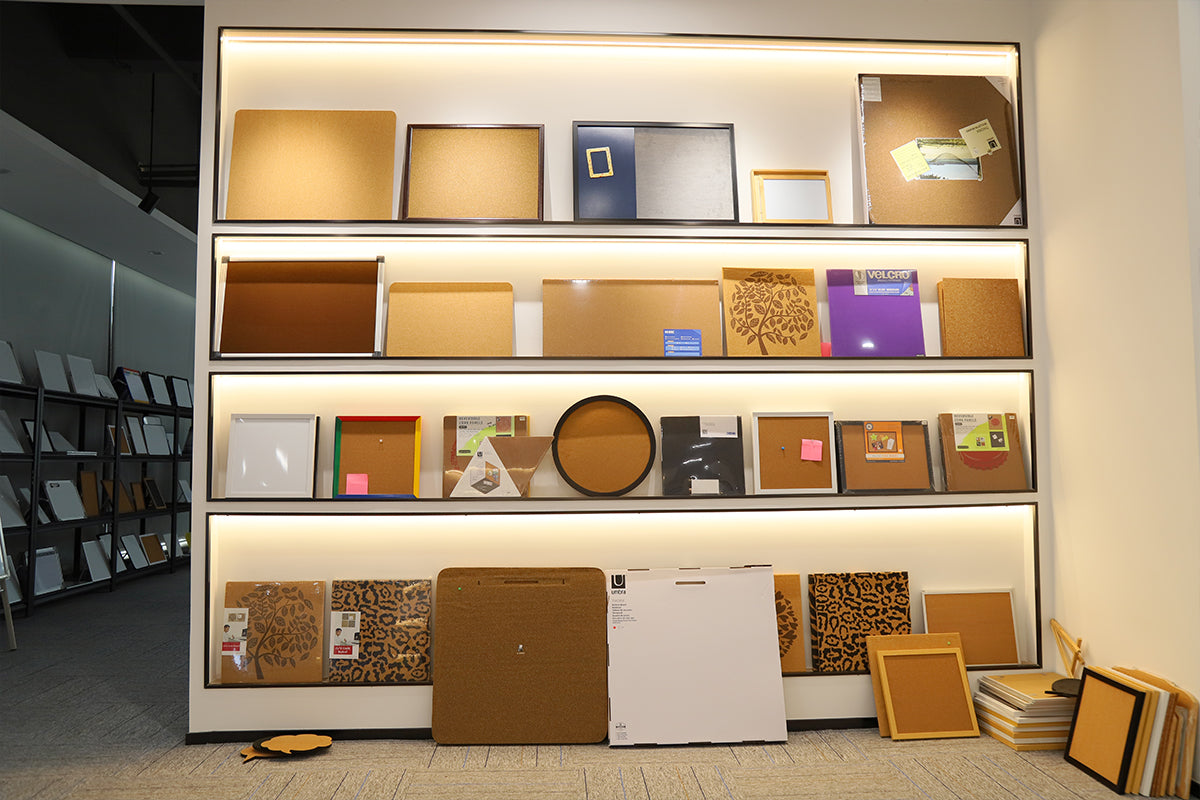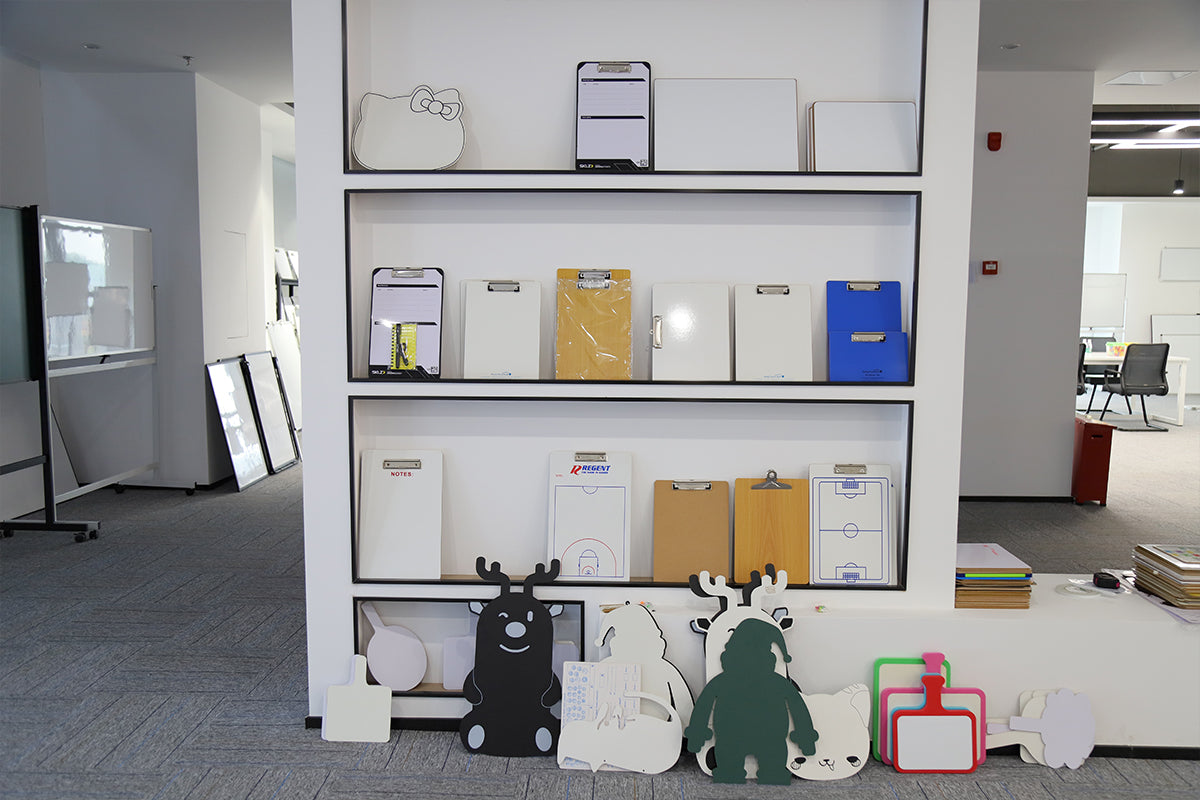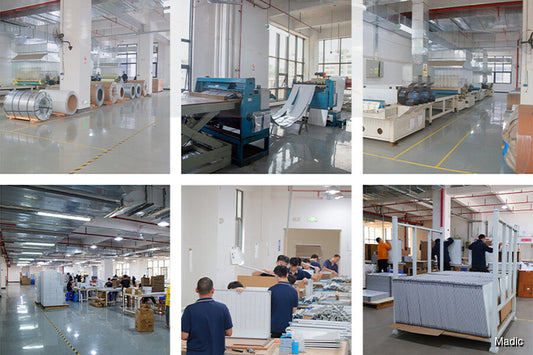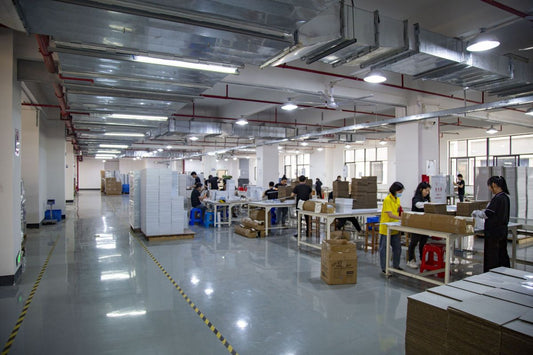Briefly describe the development process and diversity evolution of stationery
Stationery, as an important component of human cultural activities, encompasses various fields such as education, learning, office work, and home life.

In ancient China, the concept of stationery was relatively simple, primarily referring to the four basic writing tools and materials known as the "Four Treasures of the Study": brush, ink, paper, and inkstone. These stationery items were not only tools for writing but also carried rich cultural connotations, reflecting the ancient scholars' pursuit of calligraphic art and their respect for knowledge.

With the development of the economy and advancements in technology, the definition of stationery has gradually expanded, covering a broader range of items. Modern stationery includes not only traditional writing tools such as fountain pens, ballpoint pens, dry erase whiteboard, and pencils but also various subcategories like student stationery, office stationery, teaching aids, and office supplies. For example, common student stationery includes erasers, rulers, and pencil cases, while office stationery encompasses folders, sticky notes, and staplers. These tools serve different purposes in various contexts, helping people learn and work more efficiently.
Additionally, with technological advancements, the emergence of electronic stationery has added a new dimension to modern stationery. Today, many students and office workers use electronic notebooks, tablets, and smartphones to record and organize information. These devices not only improve the efficiency of information processing but also provide a completely new experience in using stationery.
The diversity of modern stationery not only meets the needs of people in different situations but also reflects changes in social culture and technological progress. Whether it is the traditional Four Treasures of the Study or modern electronic stationery, they all contribute to human learning and creativity, becoming indispensable companions in our daily lives.
In conclusion, the evolution of stationery showcases human wisdom and innovation in knowledge dissemination and cultural exchange. Understanding the diversity of stationery not only helps us choose the right tools to enhance learning and work efficiency but also allows us to appreciate the convenience and joy brought by cultural heritage and technological advancement.


